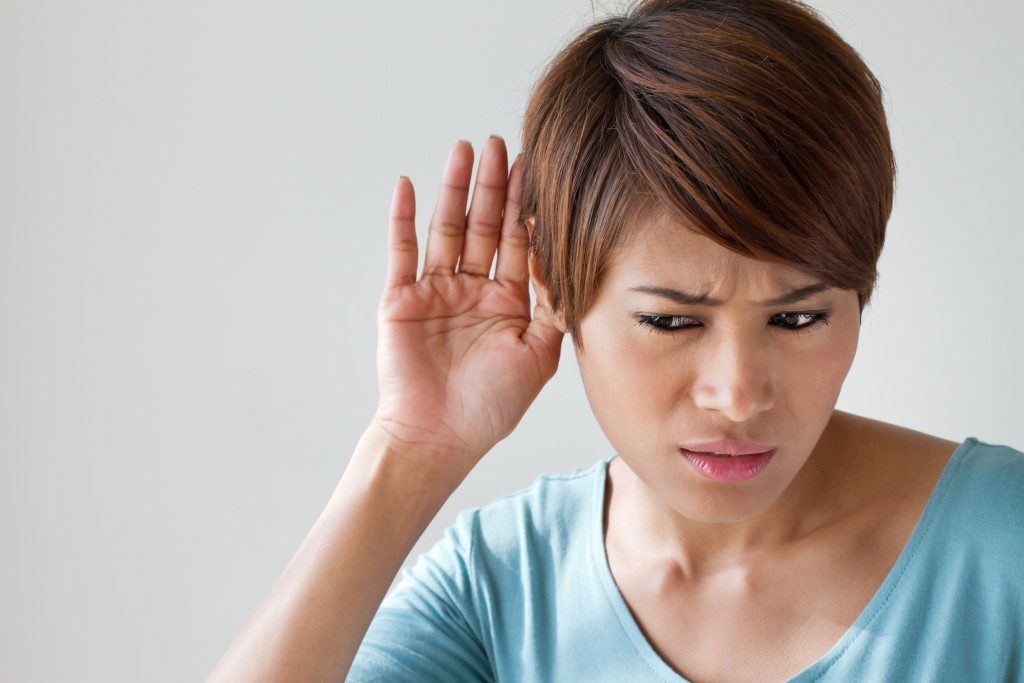In 2012, almost a million people in Colorado had trouble hearing. Nearly 400,000 of them were hard of hearing, according to the Colorado Commission for the Deaf and Hard of Hearing (CCDHH). Close to 47,000 of them were deaf. A significant number of them were both deaf and hard of hearing.
People can lose their hearing for a variety of reasons. Some of the common causes that hearing specialists in Denver address are aging, infection, or trauma or injury. One of the growing roots of hearing loss, though, is something all too common lately: noise.
How Loud Is Noise?
Americans can no longer escape noise since it can already come from different sources. These can range from appliances to headphones. The problem is, the loudness, as well as the frequency and the length of exposure, can lead to ear damage. To illustrate it, refer to this infographic from the National Institute on Deafness and Other Communication Disorders (NIDCD).
This infographic is interactive so that one can listen to the differences in noise levels among varied sound sources. It also points out the maximum decibel, or measurement of loudness, that will be the least harmful to the ears, which is 85 decibels. For example, a whisper has a decibel of 30. A conversation, meanwhile, can have about 80 decibels. A headphone at full volume can result in over 100 decibels.

This infographic matters because too much noise can damage hearing even permanently. The ears process sounds through vibrations. The waves bounce off from the middle to the inner ear or the cochlea. Inside it are thousands of hair cells that convert these vibrations into electrical signals, which the brain then interprets into sounds.
A loud noise can potentially damage these hair cells, and once they experience it, the body cannot repair them anymore. They don’t grow back. Worse, the person might never know of the problem until they develop partial or complete hearing loss. By then, no form of treatment may be able to restore hearing.
How to Reduce Noise Exposure
In 2015, the World Health Organization (WHO) revealed that nearly half of people from 12 to 35 years old and living in middle to high-income nations exposed themselves to unsafe noise levels due to their devices. These can include earbuds or headphones. Meanwhile, about 40% could damage their ears by being in noisy environments such as sporting events, nightclubs, and bars.
One of the useful steps, therefore, is to minimize these types of exposure. For example, people who love to listen to music may opt to use Bluetooth or reduce their listening time per day. WHO recommends spending no more than 15 minutes to noise sources that can reach over 100 decibels.
Experts also encourage paying more attention to hearing changes. One of these is the temporary threshold shift. It’s the tendency of a person to lose their sense of hearing temporarily after exposure to the noise. Another is when someone experiences tinnitus or the ringing of the ears. Both of these could indicate that the sound might have been really loud.
